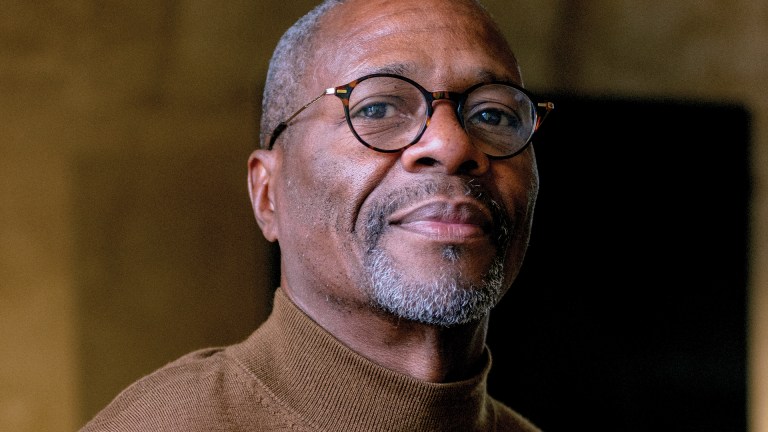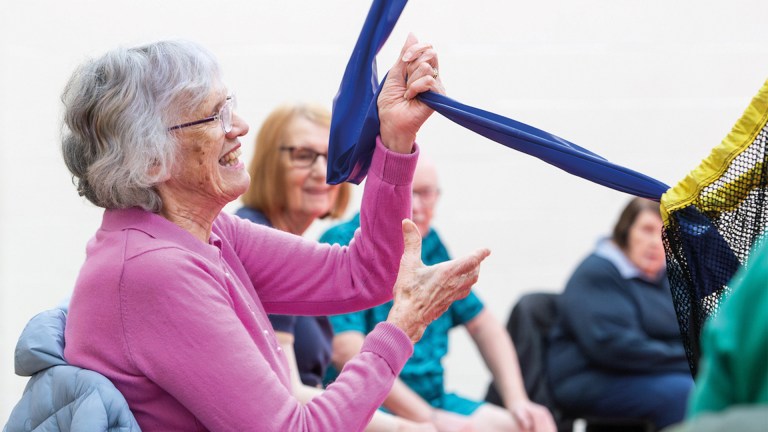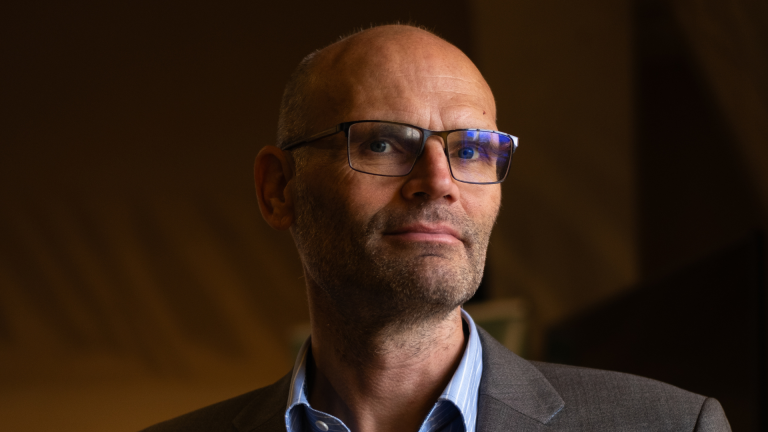I’m writing because I’m a rarity in our sector – a BAME background Chief Executive Officer. There are not a lot of us at the top. It’s not surprising, as BAME make up some 15% of our population on these fair isles, but even so, disproportionately few rise to the top.
The racial disparity in the impact of the Covid-19 Pandemic is clear, with between a 10% and 50% higher chance of death in different ethnic minority communities shown by the recent government review “Disparities in the risk and outcomes of COVID-19 (PHE 2020).” Alongside this, regardless of ethnicity, there is a higher death rate in deprived areas as compared to the least deprived. While the report does not touch on why, a working hypothesis is that inequality is at the root of the greater impact of the virus in BAME communities. Black may not be good for your life chances, but the Bangladeshi community in particular is at the extreme end of the Covid-19 death scale.
Here in London, BAME people are proportionately more likely to be fined than white people if they breach social distancing restrictions. It is not to excuse any wrongdoing, but why is it, in 2020, that my brown skin would in London be 26% more likely to attract a fine than a white skin and my black colleague, twice as likely to be fined? If only it reflected public health action – to try and protect people most likely to suffer from Covid-19 from harm! Sadly, not.
It is particularly sad as we have made great progress as a society on equality, diversity and inclusion. There legislative progress, LGBT+ rights, police reform. Our police have made great strides, compared to decades past and let’s give them every encouragement to continue to improve their practices. Overall, things are so much better than the 1970s or 1980s, but it feels that at best, we have plateaued in terms of progress in the last 10 years.
Where are we at BII?
In our own social enterprise and charity sector, the recent #CharitySoWhite movement has bought to the public view the extent to which BAME organisations and individuals feel excluded by the current funding structures.





